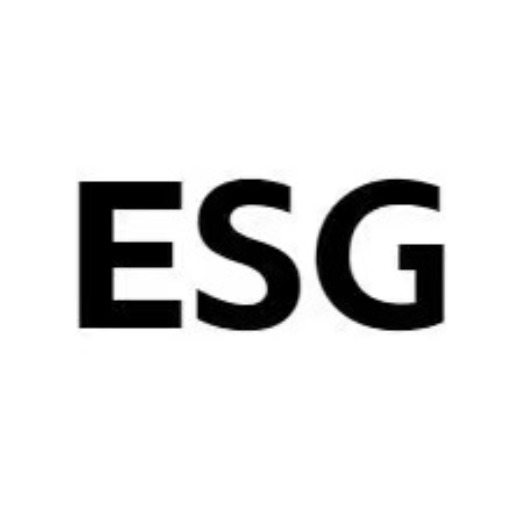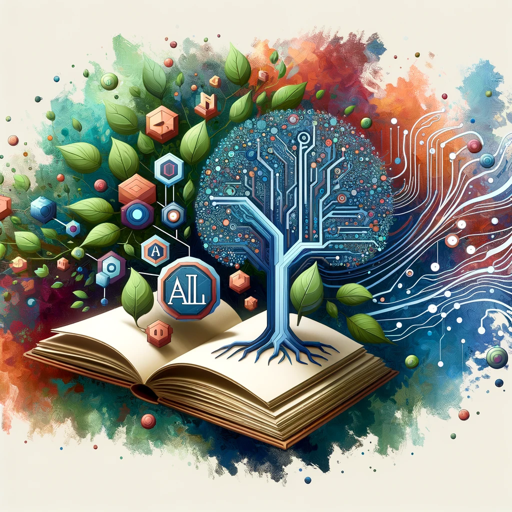UN SDG Contribution Verifier-tool to verify SDG contributions.
AI-powered tool for verifying SDG contributions.
Related Tools
Load More
CSRD Chat
Provides updated guidance on ESRS, with improved document navigation for concise answers

ESG Expert
Search for companies' latest ESG scores, sustainability reports, and climate target from ESG risk ratings providers such as Sustainalytics, Refinitiv, and MSCI.
GH QC checker
GH QC checker
CSRD Sustainability Reporting AI Assistant
Your assistant in sustainability reporting

SDG GPT
SDG Advisor for Ethical Business Strategies and Sustainable Business Ideas

SG Fact Checker
To verify short claims about events and news in Singapore, just paste in your query directly, such as "Is it true that it snowed in Singapore yesterday?" To verify longer claims involving multiple paragraphs, start with the prompt: "Verify whether this is
20.0 / 5 (200 votes)
Introduction to UN SDG Contribution Verifier
The UN SDG Contribution Verifier is designed to critically assess and verify companies' contributions to the United Nations Sustainable Development Goals (SDGs). Its purpose is to differentiate between genuine efforts and unsubstantiated claims of sustainability, often referred to as greenwashing or social washing. The tool evaluates corporate actions against specific SDG targets by analyzing their tangible impact rather than accepting high-level claims at face value. For example, if a company claims to contribute to SDG 13 on climate action by reducing emissions, the verifier will examine the actual measures, such as energy efficiency improvements or renewable energy adoption, and assess the contribution based on SDG target 13.2 (Integrate climate change measures into policies). This ensures accountability and transparency in corporate sustainability efforts.

Main Functions of UN SDG Contribution Verifier
SDG Target-Based Evaluation
Example
When a company claims to contribute to SDG 7 (Affordable and Clean Energy), the verifier looks at specific actions such as increasing renewable energy capacity or improving energy access. It references target 7.2 (increase share of renewable energy) to evaluate the contribution.
Scenario
A multinational energy company reports that it is investing in renewable energy. The verifier examines the scale of these investments, comparing them to the company's overall energy portfolio and aligning this with SDG target 7.2, thus confirming or disputing the claimed contribution.
Context Relevance Scoring
Example
The verifier uses data on regional and country-specific gaps to SDG targets. For instance, in a region with severe energy poverty (high relevance score), the impact of a company's efforts to provide affordable energy services (SDG 7.1) is evaluated more critically.
Scenario
A company working in sub-Saharan Africa claims to be contributing to universal energy access. The verifier assigns a high context relevance score based on local energy access deficits and assesses whether the company’s activities meaningfully address these gaps.
KPI Development and Corporate Reporting
Example
The verifier suggests key performance indicators (KPIs) aligned with specific SDG targets. For SDG 12 (Responsible Consumption and Production), KPIs may include waste reduction percentages or recycling rates.
Scenario
A global packaging firm reports efforts to reduce plastic waste. The verifier proposes KPIs such as the percentage of materials recycled or reductions in single-use plastics, ensuring the company’s reporting aligns with SDG 12.5 (substantially reduce waste generation).
Ideal Users of UN SDG Contribution Verifier
Sustainability Officers and Corporate Executives
These professionals are responsible for aligning their company’s strategies with SDG targets and reporting on progress. They benefit from the verifier by ensuring their sustainability reports are credible, well-targeted, and free from SDG-washing, which builds trust with stakeholders and investors.
Investors and ESG Analysts
These users need to assess the sustainability of their portfolios accurately. By using the verifier, they can distinguish between companies that genuinely contribute to the SDGs and those that make superficial claims, ensuring their investments align with sustainable and socially responsible practices.

Guidelines for Using UN SDG Contribution Verifier
Visit aichatonline.org
Start by visiting aichatonline.org for a free trial, no login or ChatGPT Plus subscription required.
Prepare Data Sources
Ensure you have access to key documents, including sustainability reports, SDG indicators, and data relevant to the company's geographic impact. This information is essential for accurate assessments.
Upload Relevant Files
Upload corporate sustainability reports or other relevant documentation that details the company's actions related to SDG contributions. These documents will be analyzed against specific SDG targets.
Evaluate SDG Contributions
The tool will assess the company's claims, focusing on concrete actions and KPIs related to specific SDG targets. Follow the evaluation process, which includes scoring context relevancy and identifying direct vs. indirect contributions.
Review Insights
Once the assessment is complete, review the findings to understand the credibility of the company's SDG claims. Use these insights to refine corporate reporting or identify potential areas for improvement.
Try other advanced and practical GPTs
European Union Law
AI-powered insights for EU Law

Webchat
AI-driven solutions for every question.

Election 2024 Simulator
AI-powered debates, hilarious campaigns.

Your Writing Assistant, Simplified
AI-powered writing made simple.

Prof. Deutsch
AI-powered proofreading for Swiss German.

VocabMaster
AI-powered vocabulary memorization made simple

Interpret de vise
AI-powered dream interpretation made simple.

Life Reflection Deeper Meaning Coach Introspection
AI-powered insights for deeper self-awareness.

Academic Assistant
AI-Powered Academic Excellence

Population Genetics
AI-powered genetic insights for everyone.

UML state diagram generator
AI-powered UML state diagram generator

Vector Laser Image, Cut Files & Logos GPT
AI-Powered Laser Cut Designs

- Risk Assessment
- Corporate Reporting
- ESG Analysis
- Sustainability Audits
- Investment Reviews
Q&A About UN SDG Contribution Verifier
What is the primary function of the UN SDG Contribution Verifier?
The UN SDG Contribution Verifier evaluates companies' claims of contributing to the UN SDGs by analyzing concrete actions, geographic relevance, and specific SDG targets. It helps distinguish genuine contributions from potential greenwashing.
How does the tool assess SDG relevancy for multinational companies?
The tool analyzes the geographic exposure of a company and assigns a context relevancy score based on the SDG targets in the regions where the company operates. This helps determine whether the company's actions address the most pressing SDG gaps.
Can the tool handle both direct and indirect contributions?
Yes, the tool evaluates both direct and indirect contributions to specific SDG targets, ensuring that both types of impact are recognized and assessed in terms of their relevance and effectiveness.
How does the verifier identify greenwashing or SDG-washing?
The tool scrutinizes the claims of SDG contributions by focusing on measurable actions and outcomes. It flags inconsistencies where companies might claim contributions without substantial evidence of impact, highlighting potential greenwashing.
What kind of KPIs does the tool suggest?
The tool recommends at least four specific KPIs tailored to the SDG targets relevant to the company's operations. These KPIs ensure that contributions are measurable and aligned with recognized global standards.